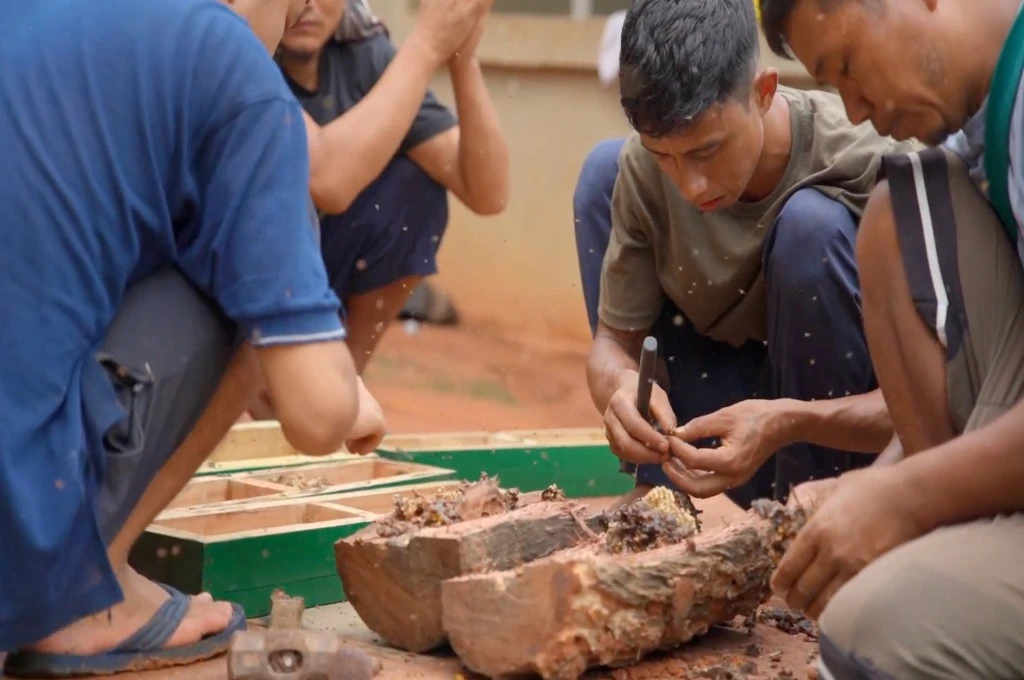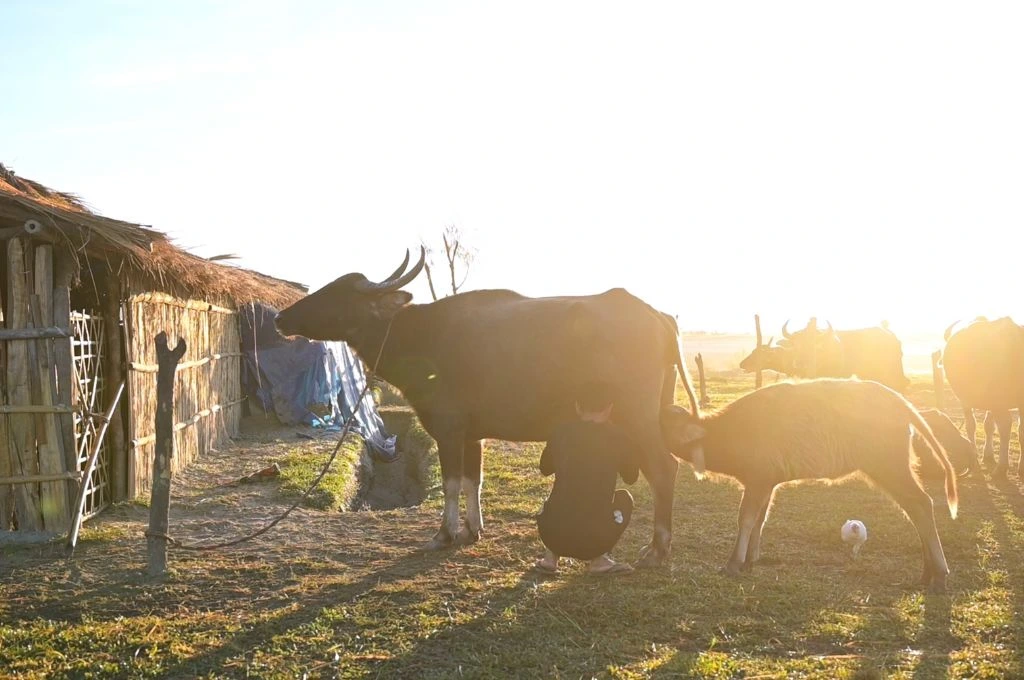Currently, Indian cities account for more than 70 percent of the country’s annual carbon emissions. Road transport, including passenger vehicles, alone contributes 62 percent of emissions in this sector, making it a significant factor in the country’s carbon footprint as of 2021.
The impact of this trend is alarming. India is home to 39 of the world’s 100 most polluted cities.
Vehicle exhaust from petrol- and diesel-powered cars releases harmful pollutants that deteriorate air quality and harm public health. These emissions not only exacerbate respiratory illnesses and cardiovascular conditions but also undermine India’s progress towards its net-zero targets. As part of its commitment at the COP 26 summit, India aims to achieve net-zero emissions by 2070 and, by 2030, reduce its emission intensity by 45 percent from 2005 levels. A cornerstone of this effort is the electrification of vehicles. Unlike traditional internal combustion engine (ICE) vehicles, electric vehicles (EVs) have the potential to dramatically reduce greenhouse gas emissions.

India’s EV market is already gaining momentum, having registered 1.6 million sales in 2023, and the country has set ambitious goals for 2030—an 80 percent transition to EV for two-wheelers and 30 percent transition for four-wheelers. However, this shift has implications for those whose livelihoods rely on traditional industries, such as automobile mechanics. These workers, many of whom lack formal education and training, fear becoming obsolete as EVs introduce complex systems reliant on battery, software, and diagnostics tools. The cost of new instruments and a lack of reskilling programmes further alienate small-scale mechanics. Their concerns highlight the broader need for just and equitable transitions that prioritise workers’ inclusion and adaptation.
For this video, we spoke with automobile mechanics in New Delhi to understand their perspectives on the transition to EVs, their plans for adaptation, and how they foresee its impact on their livelihoods. As the EV transition accelerates, it carries the risk of sidelining marginalised workers in India’s informal sector. This highlights the urgent need for policies that prioritise reskilling opportunities; affordable access to technology; and inclusive, worker-focused planning.
—
Know more
- Read why climate adaptation plans must address the impact of rising heat stress on informal workers.
- Learn how India’s EV transition is threatening millions of jobs in the country’s automobile sector.






